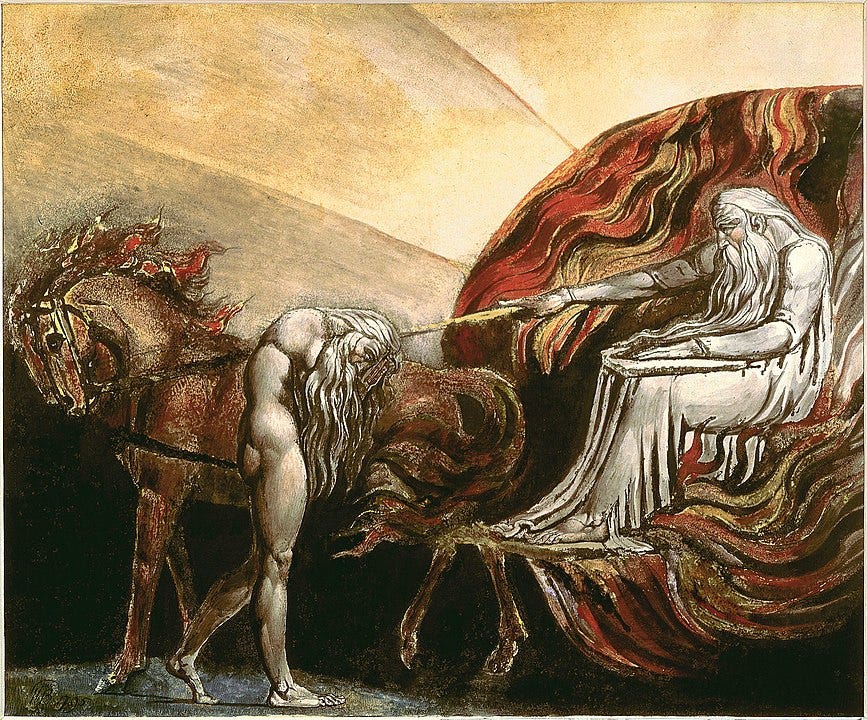That Was The Week That Was
March 12-18, 2023
This week I was on spring break and did no writing except for a brief check-in on the role Christian colleges play in this year’s installment of March Madness. Elsewhere:
• Were Adam and Eve meant to live forever?
• The anniversary of a colleague’s sudden death reminded Lisa Clark Diller that hi…
Keep reading with a 7-day free trial
Subscribe to The Pietist Schoolman to keep reading this post and get 7 days of free access to the full post archives.


